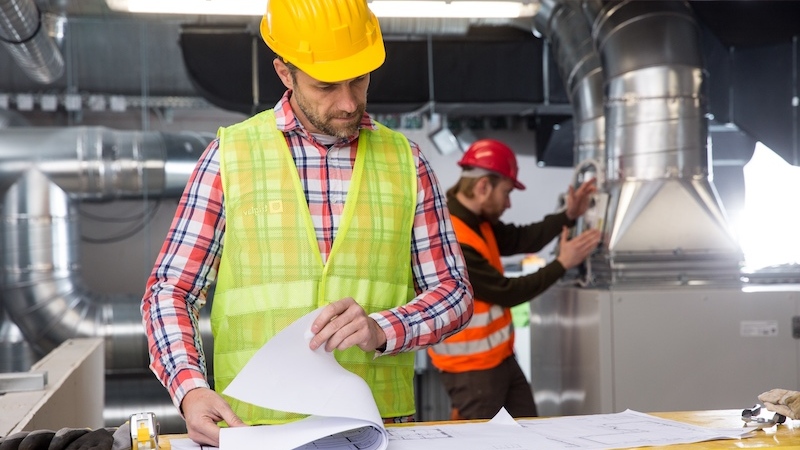Connecting...
How HVAC manufacturers are raising the environmental bar
over 5 years ago Empty Jason Thornhill

With a strong reputation already for leading the field in innovation and energy efficiency, UK manufacturers of heating, ventilation and air conditioning systems have found a new way to raise quality standards even further across the industry.
Many companies are now aligning themselves with best practice registration schemes to ensure contractors meet agreed standards of environmental compliance when installing or repairing their products.
One of the latest to announce such a collaboration is Toshiba Air Conditioning which recently announced that any contractor delivering service under its premium warranty scheme would have to be a REFCOM Elite registered company.
The REFCOM Elite registration scheme promotes environmentally responsible refrigerant management and compliance with the latest industry regulations and best practice.
Scheme members must be licensed waste carriers and are required to operate auditable procedures for the proper control of refrigerants, accounting for all refrigerant used and recovered. They must adhere to strict guidelines in terms of installation and maintenance of equipment using refrigerants.
The move towards requiring contractors to register with a recognised scheme such as this signals a push towards greater sustainability and compliance throughout the construction and building services sector. Furthermore, it means the country’s leading HVAC equipment manufacturers and system designers can safeguard their reputations and differentiate themselves in a highly competitive and fast-moving market.
Another important element of this trend is that it encourages and supports ongoing training in an industry where equipment and performance are becoming ever more sophisticated. Read more on this topic in our article about biotech and HVAC.
Best practice schemes are seen as a way to support the integrity of warranties and a commitment to improve equipment reliability, reduce claims and minimise climate impact. They are also helping to pave the way for anticipated changes to building regulations which will incorporate many of the areas that are current advisory and may well become legislation in the future.
In an industry where climate change, healthy buildings and continuous training and development are high on the agenda, this is just one way manufacturers are raising the bar and demonstrating corporate social responsibility.
